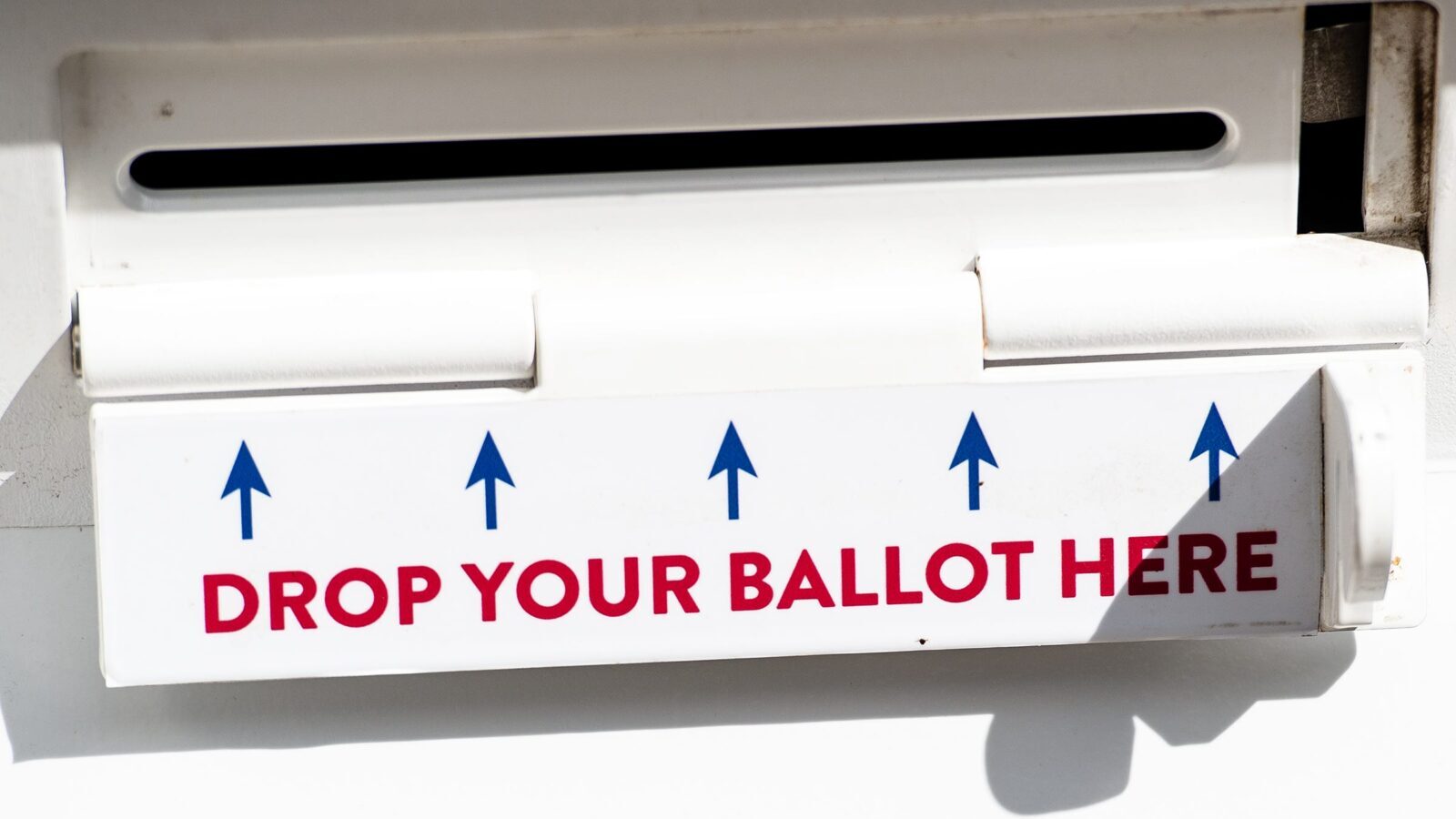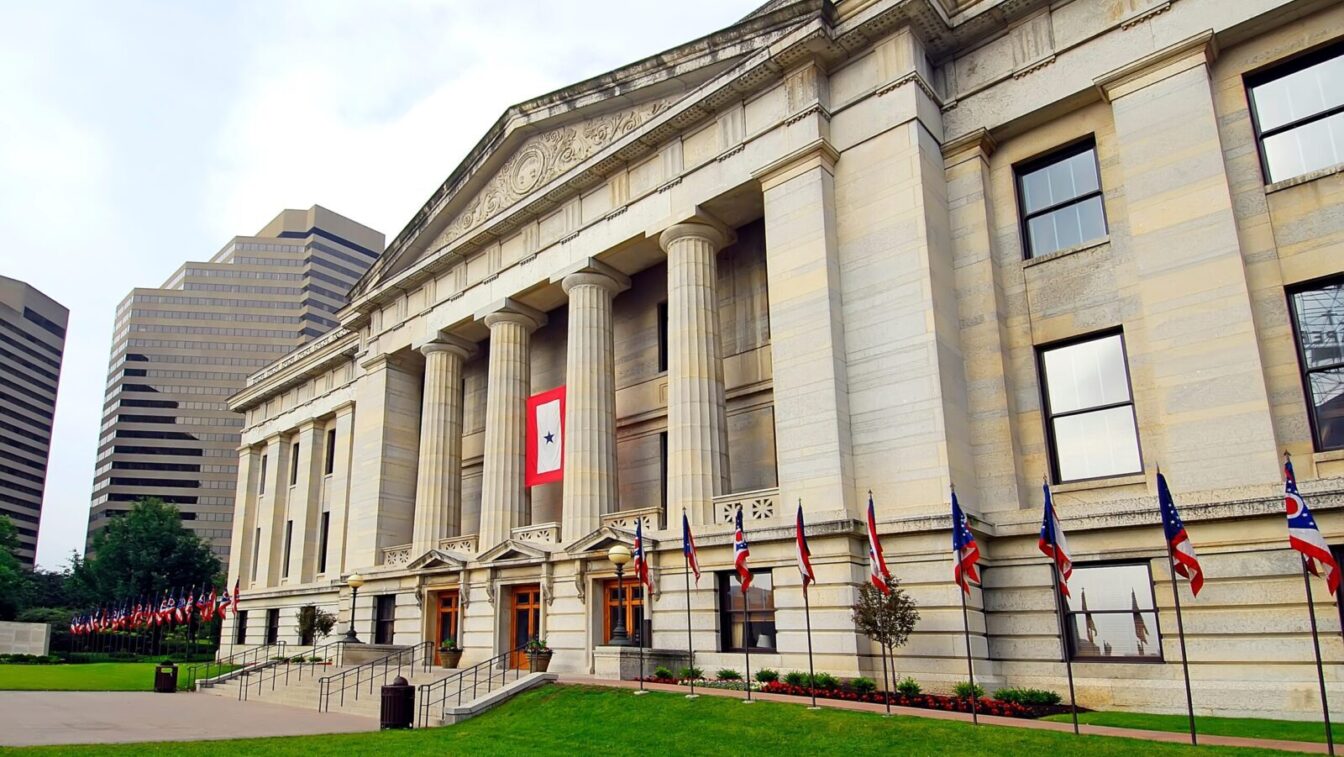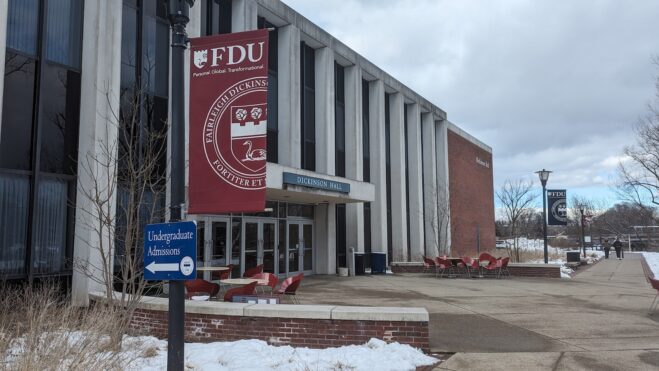Casino Ballot Measures Find Mixed Results In Virginia, Arkansas, And Missouri
Only Virginia’s casino initiative in Petersburg survived the polls
3 min

Within the gaming industry, casino legislation was a prominent topic at the polls across the U.S. on Tuesday, with voters in three states weighing in on ballot measures regarding brick-and-mortar expansion.
From a promising economic boost in Petersburg, Virginia, to the revocation of a contentious casino license in Arkansas and a decisive rejection of a proposed property near Missouri’s Lake of the Ozarks, these votes reflect a wide range of public sentiment toward casino development across the country.
Petersburg casino moves forward
Voters in Petersburg gave a strong mandate to a proposed casino, with the ballot measure passing by a substantial margin. With 71% of votes counted, 82% of residents had favored the project, green-lighting construction on what is anticipated to become a substantial revenue generator for the region.
The $1.4 billion casino project, led by The Cordish Companies, is set to encompass a 400,000-square-foot facility. Plans include a 200-room hotel, multiple dining and entertainment options, and a state-of-the-art gaming venue.
City officials and The Cordish Companies estimate that this project will bring approximately $2.8 billion in economic benefits to Petersburg over the next decade. Local government anticipates $240 million in tax revenue, which would be a major financial lift for the city as it continues to rebound from a near-bankruptcy situation nine years ago, when it faced a $17 million deficit.
Petersburg Mayor Sam Parham described the vote as a clear indication of the city’s enthusiasm for the development. He emphasized the immediate next steps of finalizing zoning approvals, with plans to break ground in early 2025.
The casino’s opening is slated for 2026. Petersburg’s win on the casino measure follows the city of Richmond’s rejection of similar proposals on two prior occasions, positioning Petersburg to claim the license instead.
Arkansas voters say no, limit gaming commission’s powers
In Arkansas, Issue 2 became the only citizen-led initiative to make it to the 2024 ballot, resulting in a shift in the way casino licenses are issued in the state. With 96% of votes counted, Issue 2 passed with 55.8% approval, amending the state constitution to require countywide votes for new casino licenses and stripping the Arkansas Racing Commission (ARC) of its authority to issue licenses in Pope County.
The amendment, which will revoke a casino license that the ARC issued to Cherokee Nation Businesses in June, marks a major turning point for the gaming landscape in Arkansas. The measure was largely funded by the Choctaw Nation of Oklahoma, a neighboring tribe with vested interests in curbing potential competition near its casino on the Arkansas-Oklahoma state line.
The vote was not without controversy. The Cherokee Nation had mounted a legal challenge to Issue 2, questioning the wording of the amendment and the signature-gathering process behind the initiative.
Despite these efforts, just weeks before Election Day the state Supreme Court allowed the measure to remain on the ballot. Now, any new casino proposals will require direct voter approval in Arkansas counties, a shift that hands more control to local communities while potentially complicating future developments.
The Pope County casino controversy has been raging since 2018, when a bidding war resulted in Gulfside Casino Partnership initially winning. However, following legal challenges, Cherokee Nation Businesses eventually forced Gulfside out.
That was only the beginning, not the end, of the battle. The legal challenges and ARC’s involvement continued, leading to this week’s final word on the matter by local residents.
Lake of the Ozarks casino proposal off the table
Missouri voters, too, voiced their opinions on gaming development. By a narrow 52%-48% vote, they turned down a measure that would have allowed the construction of a casino near the Bagnell Dam on the Osage River at Lake of the Ozarks.
Amendment 5, backed by Bally’s Corporation and the Osage River Gaming and Convention Committee (OGCC), would have enabled the construction of a casino on artificial bodies of water. Proponents had hoped the amendment would bring new economic opportunities and jobs to the area, which is already a popular tourist destination.
The amendment’s defeat brings a significant setback for Bally’s, which operates a Kansas City casino, and for the OGCC, which has been working toward this casino proposal for years. Efforts to secure a new casino license date back to 2009 when a fire destroyed the President riverboat casino, leaving an open opportunity for a new license. After attempts to push the measure through legislation in 2018 failed, the OGCC pursued a ballot initiative, only to face strong opposition from the Osage Nation.
The Osage Nation has its own interests in the area, as it is actively developing a $60 million Class II gaming facility in nearby Miller County. As a tribal operation, this facility only requires federal, not state, approval. With Amendment 5 rejected, the Osage Nation now stands as the sole casino project near Lake of the Ozarks, giving the tribe an advantageous position in the region’s gaming market.
Federal approval of this Class II venue, once finalized, would mark the tribe’s first Missouri casino, adding to its existing properties across Oklahoma.





